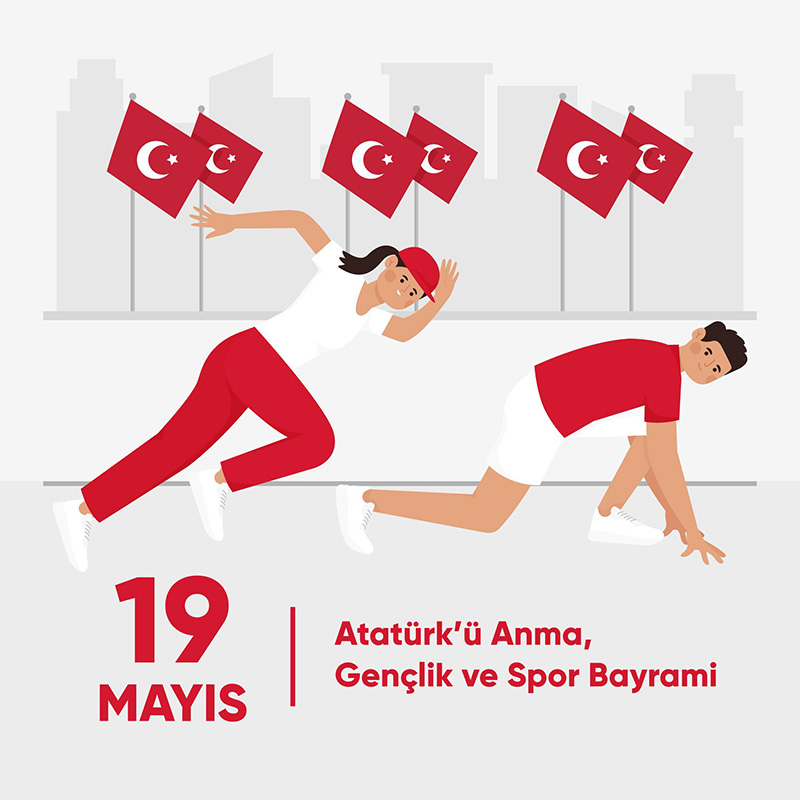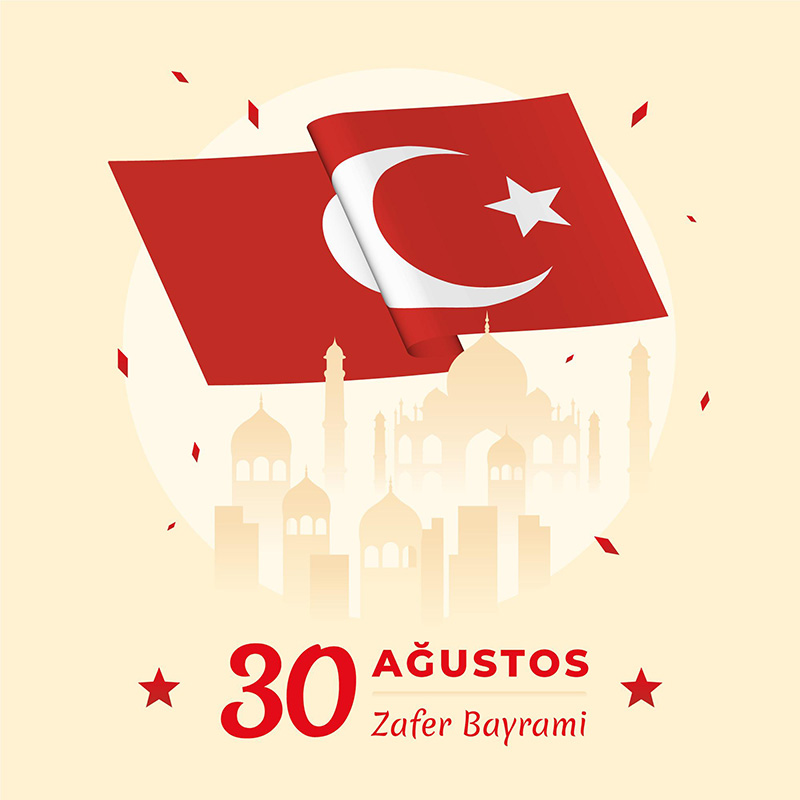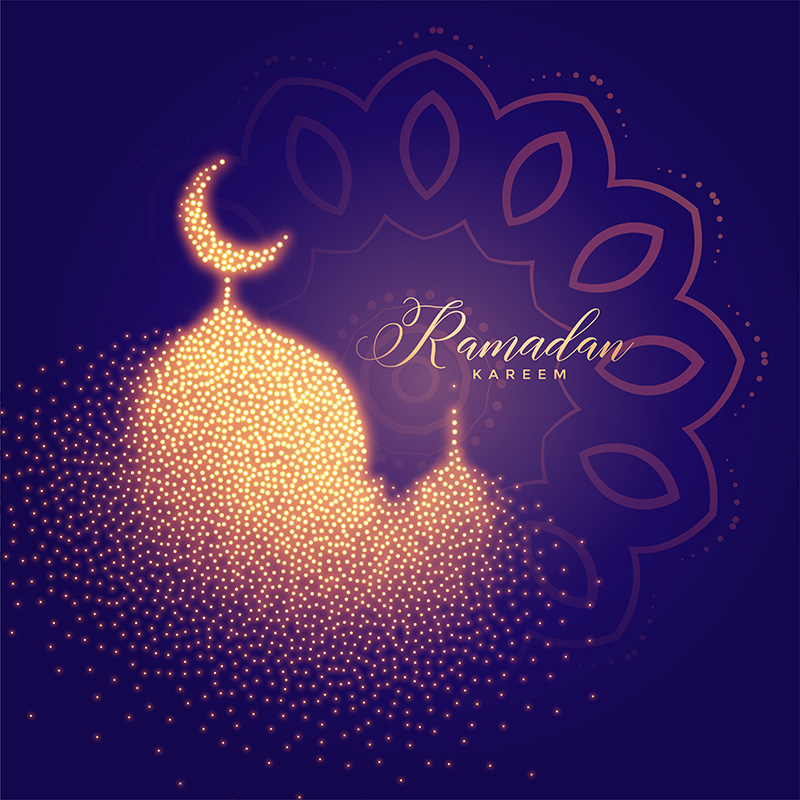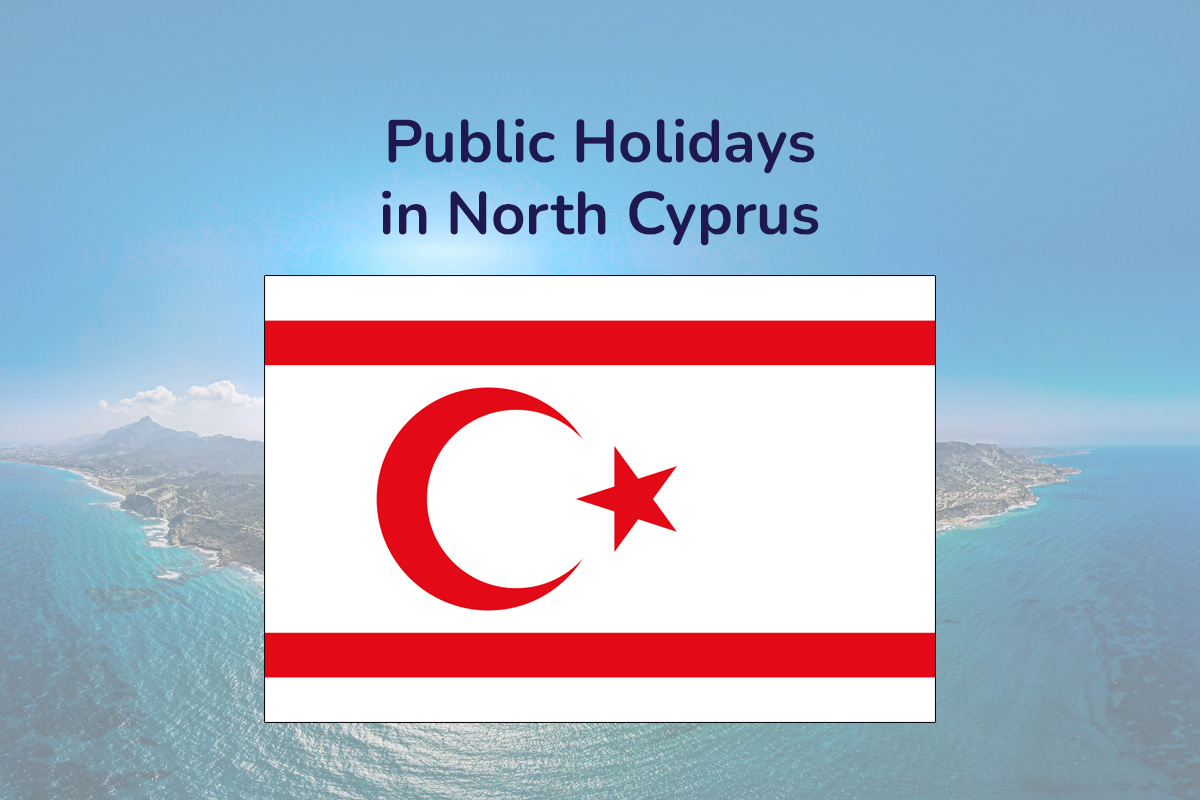Planning your move to North Cyprus? Get familiar with the local holidays! Public Holidays in North Cyprus includes national and religious holidays. From celebrating national sovereignty to religious festivities, this guide explores the 12 public holidays that punctuate the North Cypriot calendar.
Table of Contents
This is the complete list of Public Holidays in North Cyprus:
| Date | English Name | Turkish Name |
|---|---|---|
| 1 January | New Year’s Day | Yılbaşı |
| 23 April | National Sovereignty and Children’s Day | Ulusal Egemenlik ve Çocuk Bayramı |
| 1 May | Labour Day | İşçi ve Bahar Bayramı |
| 19 May | Commemoration of Atatürk, Youth and Sports Day | Atatürk’ü Anma, Gençlik ve Spor Bayramı |
| 20 July | Peace and Freedom Day | Barış ve Özgürlük Bayramı |
| 1 August | Social Resistance Day | Ulusal Direniş Bayramı |
| 30 August | Victory Day (Turkey) | Zafer Bayramı |
| 29 October | Republic Day (Turkey) | Cumhuriyet Bayramı |
| 15 November | Republic Day (Northern Cyprus) | Cumhuriyet Bayramı |
Also the following list are Muslim holidays in North Cyprus. Dates differ from year to year since the dates follow the Muslim lunar calendar:
| Date | Arabic Name | Turkish Name |
|---|---|---|
| moveable | Eid al-Fitr | Ramazan Bayramı |
| moveable | Eid al-Adha | Kurban Bayramı |
| moveable | Mawlid | Mevlid Kandili |
New Year’s Day (1 January)
New Year’s Day is a public holiday in North Cyprus, celebrated with much revelry. People come together to enjoy drinks, music, and dazzling fireworks displays. It’s also common to find Christmas trees decorated and gifts exchanged, reflecting the influence of Western traditions on this holiday.
National Sovereignty and Children’s Day (23 April)
National Sovereignty and Children’s Day is a national holiday in both Turkey and the Turkish Republic of Northern Cyprus. It marks the establishment of the Grand National Assembly in Ankara on April 23, 1920, a pivotal moment in the Turkish War of Independence. The day also emphasizes the importance of children as the future of the nation. Celebrations often include parades, speeches, and special events for children.
Labour Day (1 May)
Labour Day, also known as May Day or Worker’s Day, is a public holiday celebrated on May 1st in North Cyprus and also in many countries around the world. It’s a day to recognize the contributions of workers and the labour union movement. While government offices are the only ones officially closed, many employers in North Cyprus choose to mark the occasion with celebrations for their staff. This can range from company picnics to social gatherings, fostering a strong sense of community and appreciation for employees.
Commemoration of Atatürk, Youth and Sports Day (19 May)

Commemoration of Atatürk, Youth and Sports Day is a national holiday celebrated in both Turkey and the Turkish Republic of Northern Cyprus. It is celebrated on May 19th to commemorate the beginning of the Turkish War of Independence. This day honors Mustafa Kemal Atatürk, the founder of Turkey, and his companions. People sing the national anthem, recite poems, and engage in various cultural and sports activities.
Peace and Freedom Day (20 July)
Peace and Freedom Day, observed annually on July 20th, commemorates a significant event in Cypriot history. In 1974, Turkish military forces intervened to provide a safe haven for Turkish Cypriots in the north of the island. This was in response to a coup d’état that had been organized by Greek forces who were opposed to then president, Archbishop Makarios, and his government in an attempt order to unify the island with Greece. This intervention resulted in the division of the island. Peace and Freedom Day celebrations in Northern Cyprus feature a large military parade in Lefkosia (Nicosia) and a flypast over Kyrenia harbor.
Social Resistance Day (1 August)
Tensions rose in Cyprus after 1956 due to a growing conflict between the Greek Cypriot majority and the Turkish Cypriot minority. In response to a Greek Cypriot group, EOKA, aim to partition the island between Greece and Turkey, the Turkish Resistance Organization, TMT (Turk Mukavement Teskilati or Turkish Resistance Organization) was formed in 1958. TMT organized a boycott of Greek-Cypriot products and shops, just as EOKA was presiding over a Greek-Cypriot boycott of British products.
Victory Day (Turkey) (30 August)

Victory Day, observed on August 30th in North Cyprus (and Turkey), commemorates a significant victory for the Turkish military. It marks the culmination of the Battle of Dumlupınar in 1922, which is seen as a turning point in the Turkish War of Independence. This victory paved the way for the establishment of the Republic of Turkey. While official ceremonies in Turkey may involve laying wreaths at Atatürk’s mausoleum in Anitkabir.
Republic Day (Turkey) (29 October)
Capping a series of events honoring the War of Independence, Turkish Republic Day commemorates a significant milestone. The War itself began on May 19, 1919. Following the decisive victory of Turkish forces on August 30, 1922, led by Mustafa Kemal Atatürk, the Republic of Turkey was declared independent on October 29, 1923.
Republic Day (Northern Cyprus) (15 November)
Following intercommunal conflict in 1974, the Turkish Cypriots first proclaimed North Cyprus in 1975. The Turkish Republic of Northern Cyprus (TRNC) was declared independent on November 15, 1983, by Turkish Cypriot community and Turkish Cypriot Leader/Northern Cypriot State President Rauf Denktash.
Eid al-Fitr – End of Ramadan (Ramazan Bayramı) or Seker Bayram (moveable)

Celebrated with family gatherings, gift-giving, and delicious treats, Eid al-fitr or Şeker Bayram, also known as the Sugar Festival (one of the most important public holidays in North Cyprus), is a significant three-day religious holiday. Marking the end of Ramadan, it’s a time for showing respect to elders through traditional greetings. Mosque attendance is common, and festivities in Nicosia include a funfair, along with displays of local food and crafts. Notably, during Ramadan, restaurants in North Cyprus tend to be quieter on the 27th night, known as Kadir Gecesi, which holds special religious significance.
Eid al-Adha – Kurban Bayram (Feast of the Sacrifice) (moveable)
Celebrated roughly two months after Şeker Bayram, Kurban Bayram is a four-day religious holiday in North Cyprus. It marks the story of Abraham’s willingness to sacrifice his son (which is a Koranic version of the Abraham-and-Isaac story). Traditionally, the feast involved the dispatch and roasting of vast numbers of sheep, though this custom is less common in Cyprus today. Religious observance varies among Turkish Cypriots, with mosque attendance being widespread, while most choose to abstain from alcohol during this time.
Mawlid – Mevlid Kandili – Mawlid Al Nabi – The Prophet’s Birthday (moveable)
Marking the birth of Prophet Muhammad, Mevlid Kandili, also known as Mawlid, is one of significant religious public holidays in North Cyprus for the Muslim community. It’s observed on the 12th of Rabi’ al-Awwal, the third month in the Islamic lunar calendar.
Conclusion (it’s better to know public holidays in North Cyprus)
Familiarizing yourself with public holidays in North Cyprus can enhance your travel experience. These holidays offer a glimpse into the local culture and traditions, with some featuring vibrant celebrations and festivals. By planning your trip around these holidays, you can immerse yourself in the festive spirit of North Cyprus.
Cyprusify offers the best properties in North Cyprus for living or spending holidays in this heavenly island in the Mediterranean.


0 Comments